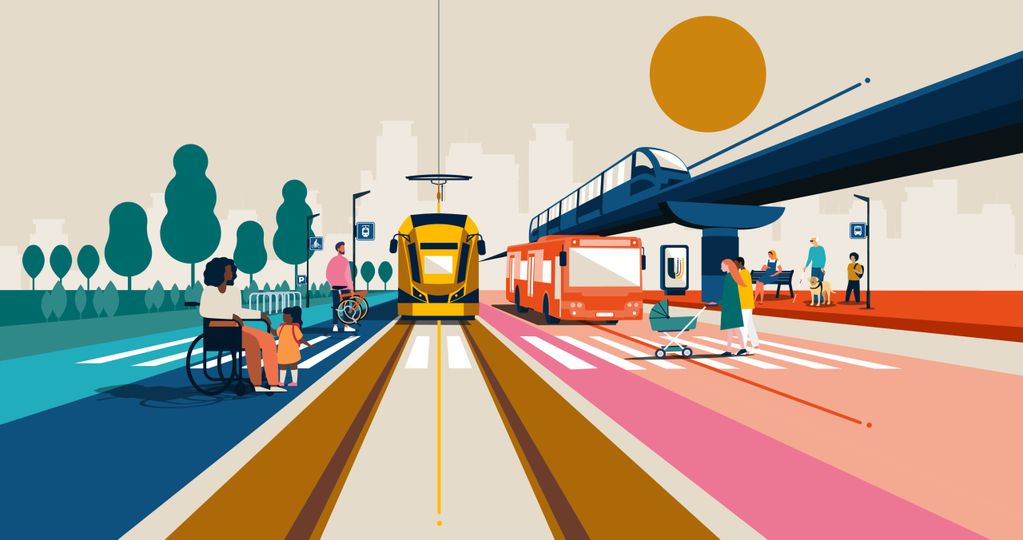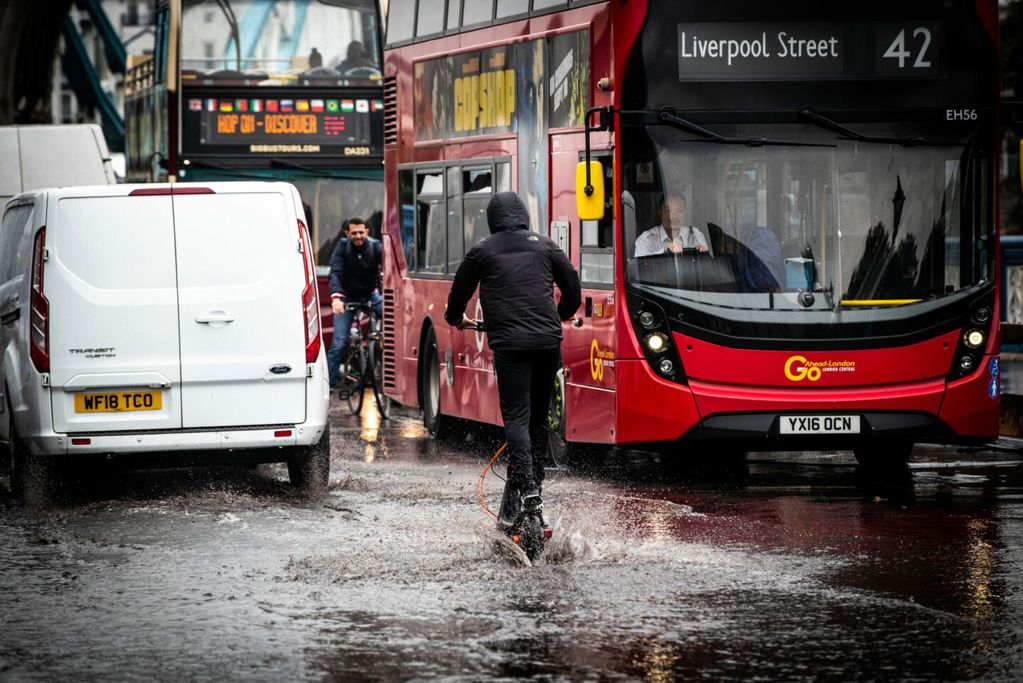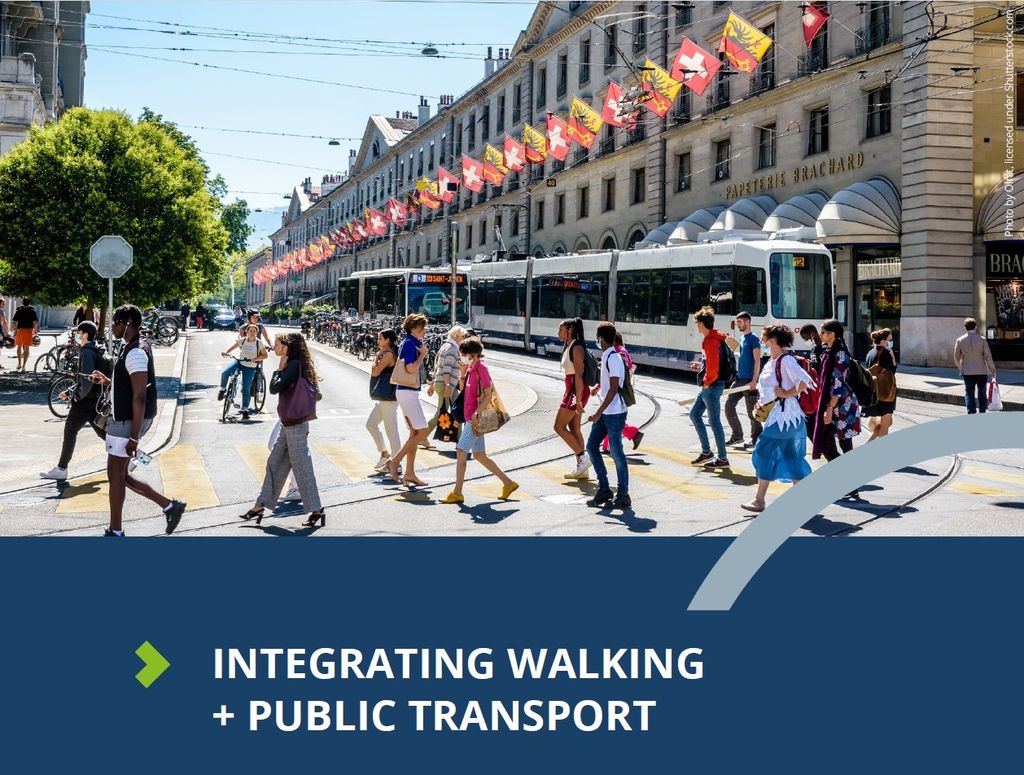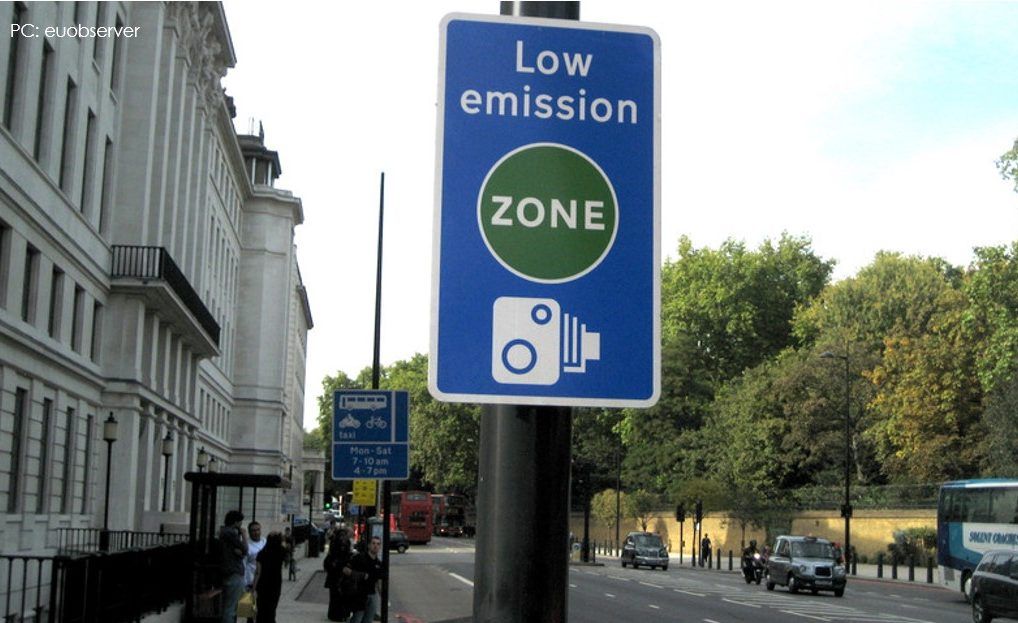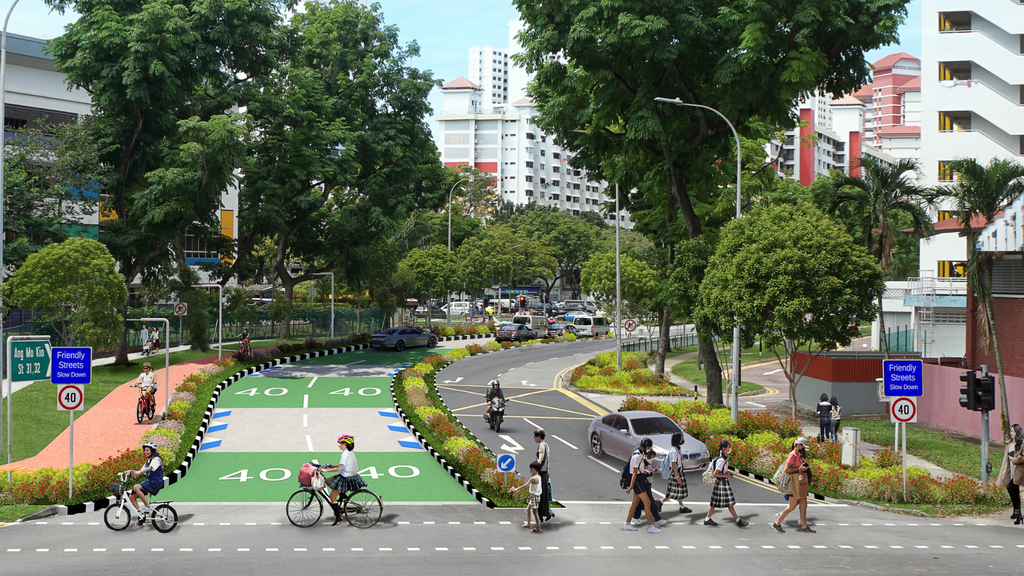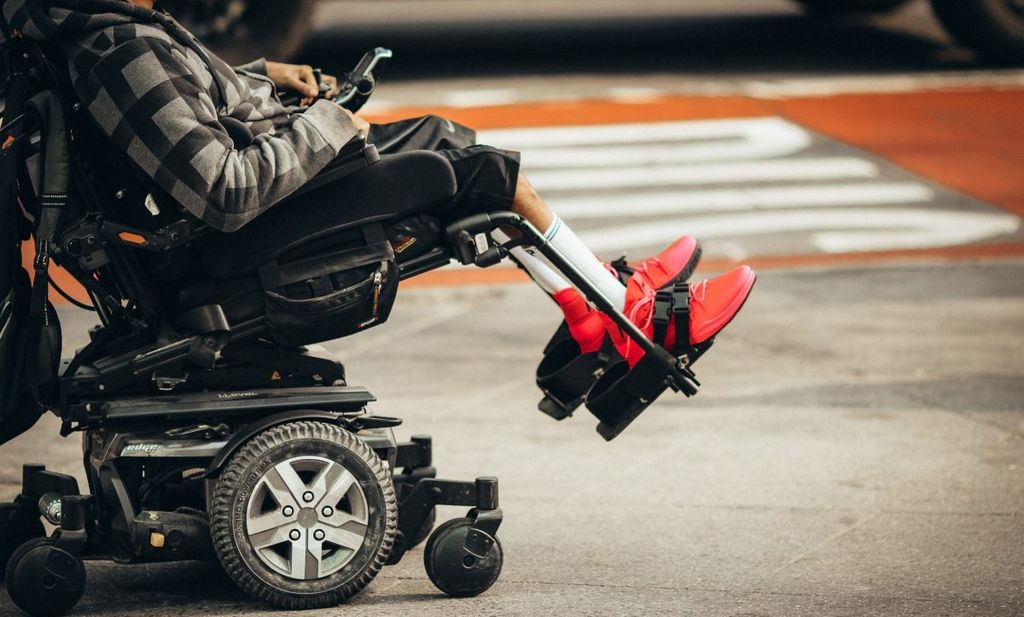
UITP members are dedicated to providing accessible mobility
Member organisations are signing their commitment towards sustainable transport for all
Public transport and shared mobility should guarantee every person the mobility they need to live their life. From work and leisure to visiting family and reaching medical care, public transport needs to be accessible to all.
UITP recently signed a declaration on improving accessibility as part of the TRIPS (Transport Innovation for Persons with disabilities needs Satisfaction) Project. Officially titled, the ‘Lecco Declaration on Accessible and Inclusive Transport’, the public document outlines eight key principles to guide organisations in developing accessible and safe public transport for all, building on the advancements in universal design and assisitive technologies. Public transport organisations are invited to sign this declaration and to act according to these principles, supported by specific Memorandums of Understandings and Action Plans at national, regional or local levels.
The Lecco declaration on accessible and inclusive public transport
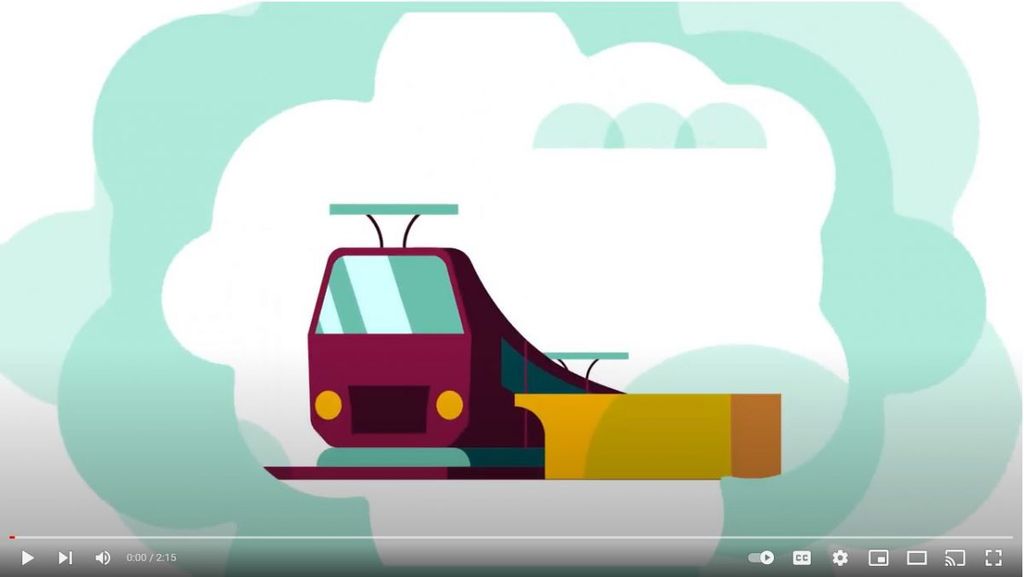
We are very proud to see more UITP members signing the declaration and their dedication towards providing transport services for all users:
- Alstom
- ATM Milan
- BKK (Centre for Budapest Transport)
- Carris, Lisbon
- EMT, Madrid
- Factual Consulting
- Hamburger Hochbahn
- Mpact, Belgium
- SRM, Bologna
- TMB, Barcelona
We hope to see even more public transport operators, authorities, mobility service and technology providers, industry and research institutions getting involved and working together.
From pilot project to long-term commitment to collaboration
Carris, a public transport operator in Lisbon, developed a co-design methodology with users with disabilities and access needs as part of the TRIPS project. With 76% of the fleet equipped for persons with reduced mobility and a dedicated on-demand service for persons with disabilities, the operator wanted to further understand the needs of these users.
The methodology was tested with two projects:
- Implementing accessible information in the existing Carris travel app
- Recommendations to improve the existing ticketing system
Following the success in finding practical solutions, Carris signed the Declaration for their long-term commitment to improving transport services in Lisbon for those with reduced mobility.
A system that is not fit for all is simply not fit for purpose. There is a lot to overcome but we hope to work together with the other signatories of the declaration. We need to work on solutions together with the whole transport ecosystem.
We even had Joao Vieira, Strategy Director at Carris, join us at UITP HQ to tell us some key recommendations for co-creating accessible public transport…
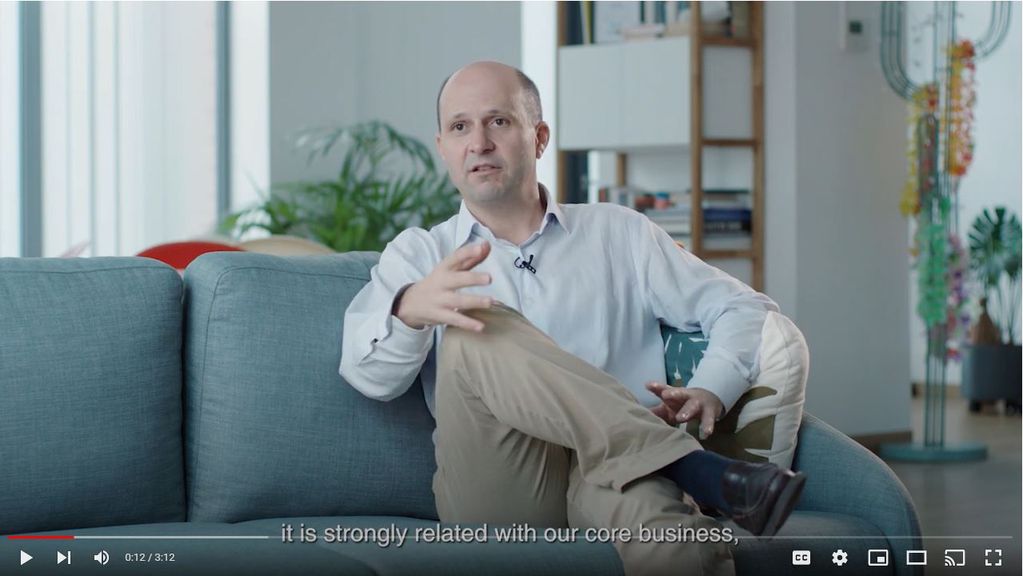
Adapting services for vulnerbale users
‘Information without barriers’ is the new platform by ATM Milan, providing real-time information on the accessibility status of Milan’s metro network. A further step towards making public transport accessible to everyone, the new service provides information on the operation of lifts and stairlifts on the five metro lines. Information is available via their website and app, and users can directly signal when they are experiencing issues.
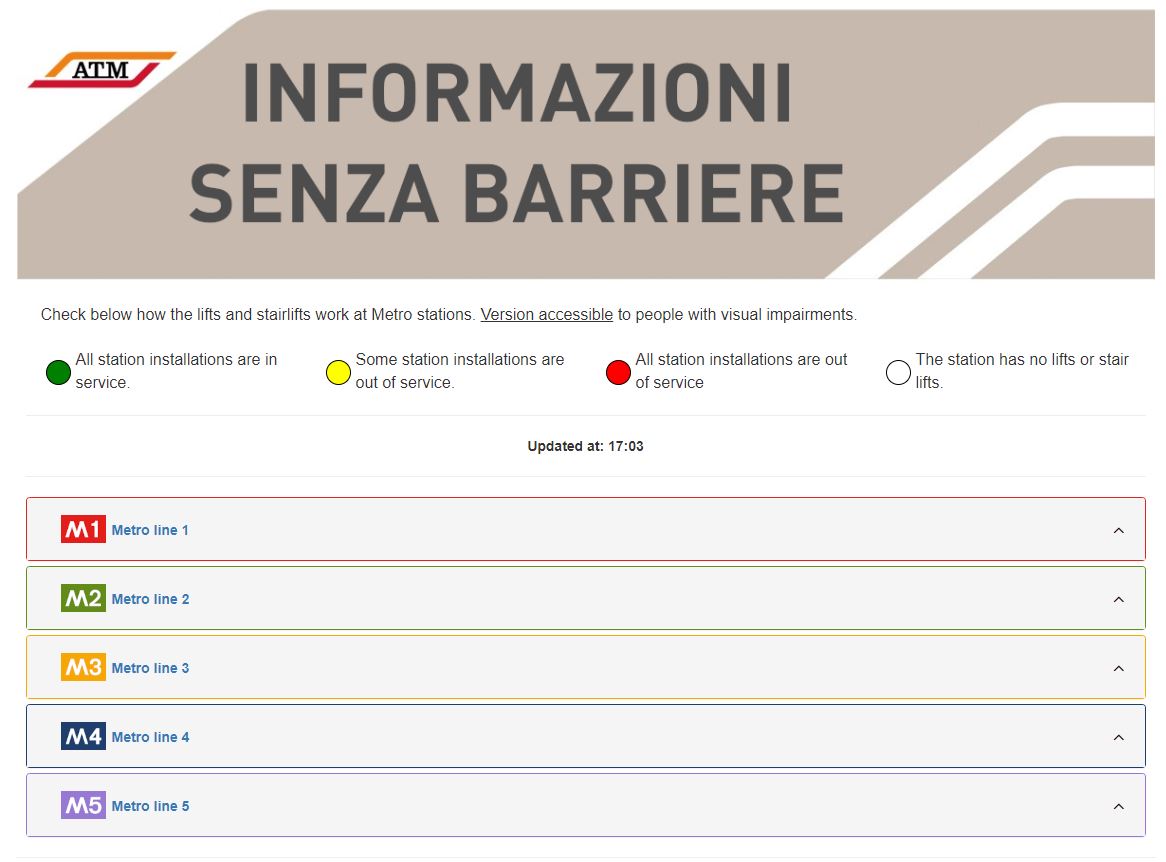
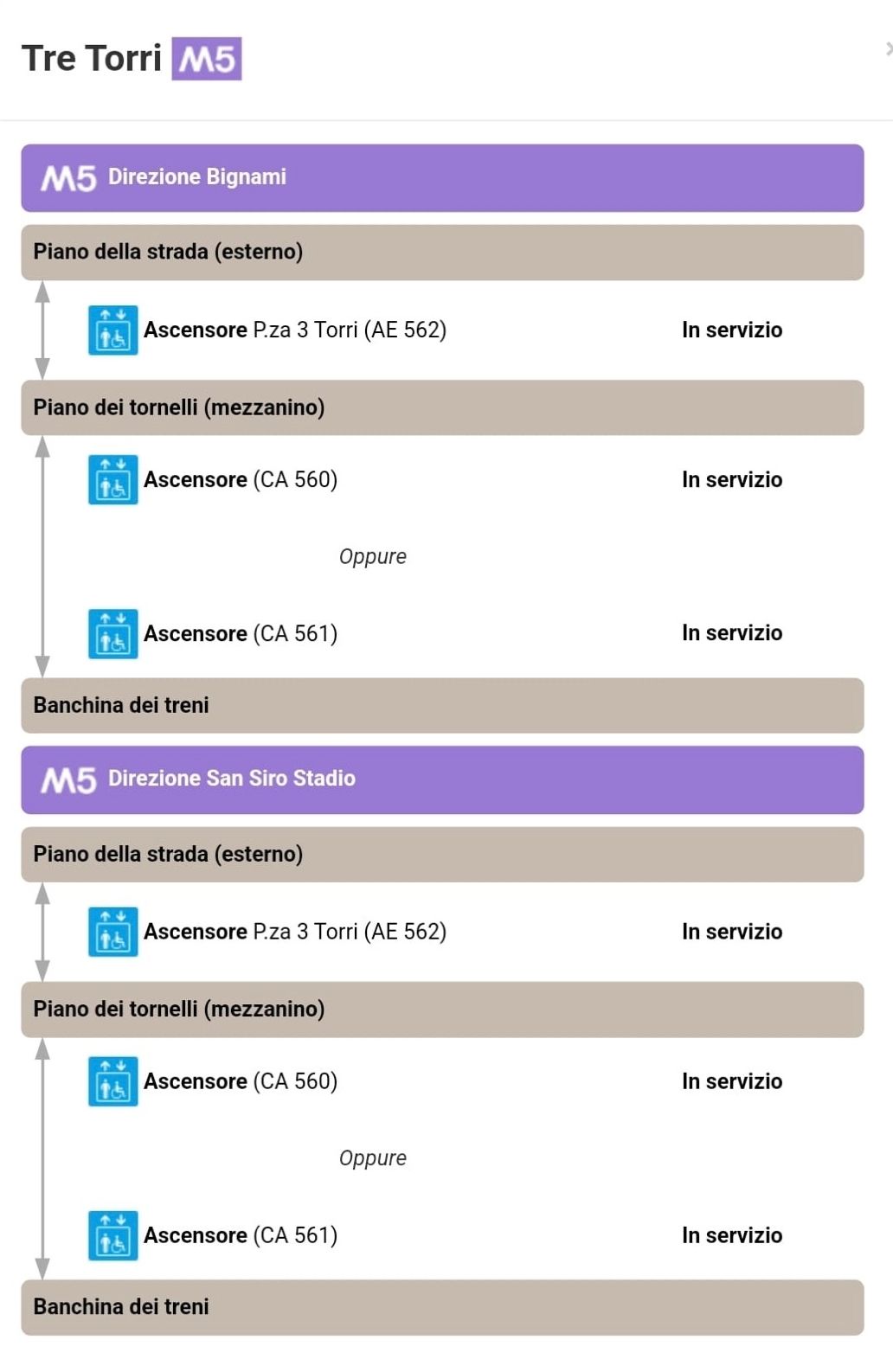
Already highlighted in UITP’s publication for providing solutions for the rural mobility challenge, Mpact has several mobility services for transporting vulnerable user groups. Firstly, they have a community-based peer-to-peer car-sharing service, Cozywheels, which supports and promotes the sharing of wheelchair friendly cars. Their Mobitwin service for elderly passengers is operated by volunteer drivers. Currently, they have 35,000 members and 3,000 drivers signed up in Belgium! What’s more, they will be collaborating with students this year to research whether gender is influencing modal choice, and how they can support users in choosing more sustainable options.
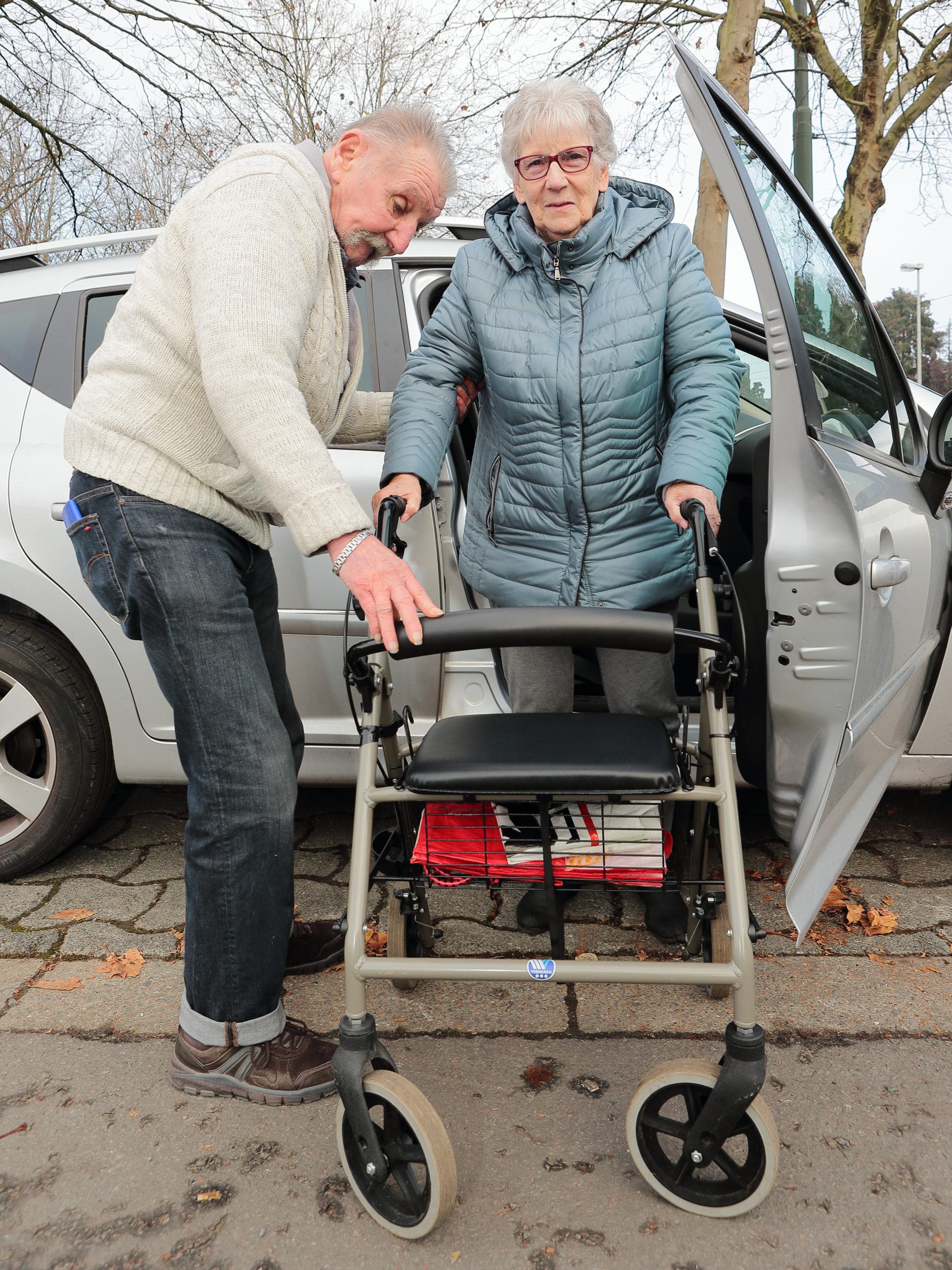
We collaborate with municipalities and regional authorities to give this service a special place in the local transport system. This is not always easy. Because of the specific needs of the target group, mainly their social needs, we try to work as locally as possible.
Accessibility is a priority topic for public transport and shared services and this declaration is a prime example of that. But it requires the commitment of transport authorities, operators, mobility service and technology providers, industry, researchers and users to work together.


